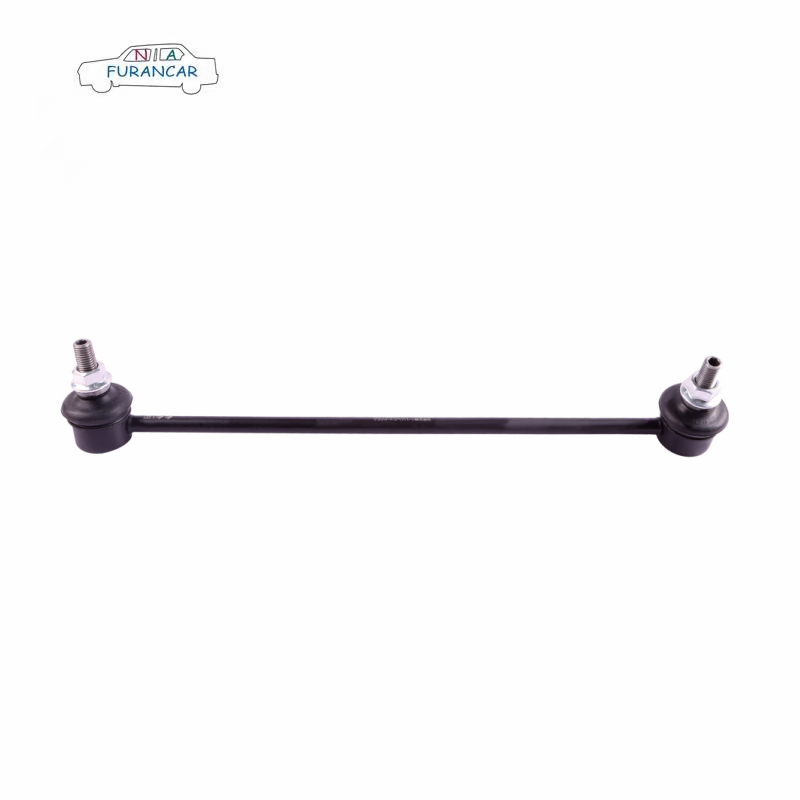How does a sway bar differ from a sway bar link ?
Sway bars and links are found in ATVs, forklifts, racing cars and family cars – basically any type of vehicle with a suspension.

Maintaining a vehicle in an upright position during a turn is vital to safety. The parts within a suspension system that help to control this movement are the sway bars and sway links. A sway bar is a long steel tube or bar that runs across the front and back of a vehicle. The bar allows the suspension to flex depending on the angle of the turn forcing one side of the vehicle to raise or lower to offset the turn on the opposite side.
A sway link, sometimes referred to as a dog bone, connects the sway bar to the a-arms in the front of a vehicle and in the back suspension. Generally, there are four sway links in every application – one for each wheel. These links hold the vehicle flat in a turn to prevent the vehicle from flipping over. Given their role in preventing rollovers, sway links must be precisely engineered for each application.
Knowing when to replace a sway link is just as important as its initial selection. When sway links wear, they make a clunking noise and tension loosens between the sway bar and the a-arms.
